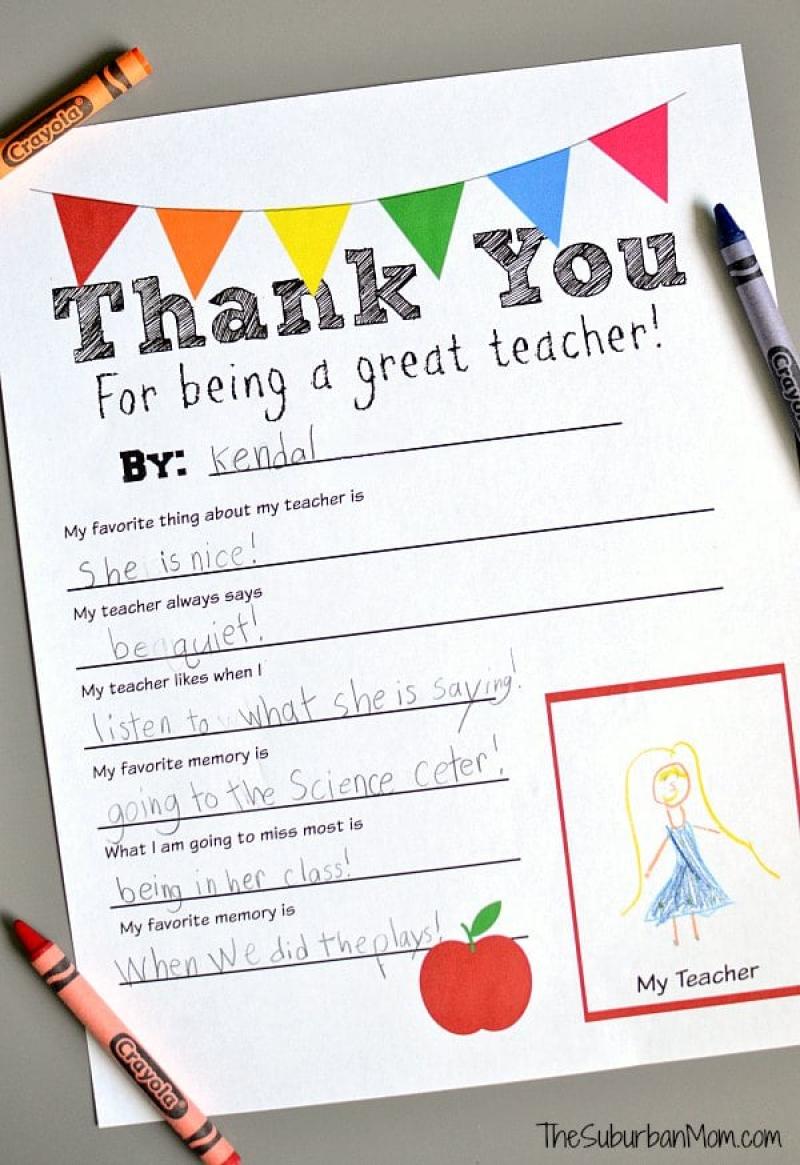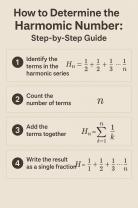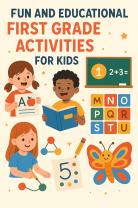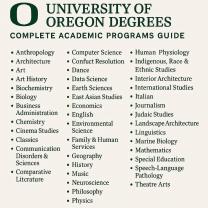How to write a thank you note to a teacher?
Writing a thoughtful thank you note to a teacher can make a lasting impression. Here's a guide on how to craft a sincere and meaningful thank you note:
1. Start with a Greeting:
- Begin your note with a proper greeting. You can address the teacher by name, such as "Dear Mr. Smith" or "Dear Mrs. Johnson."
2. Express Your Gratitude:
Clearly state that you are writing to express your gratitude. Be specific about what you are thankful for, whether it's their guidance, support, teaching style, or any particular aspect of their class.
Example: "I wanted to take a moment to express my sincere gratitude for your guidance and support throughout the school year."
3. Be Specific:
Mention specific instances or qualities that have had a positive impact on you. This shows that your gratitude is genuine and that you've reflected on the teacher's contributions.
Example: "Your passion for [subject] has made the material come alive, and I've truly enjoyed every class because of it."
4. Share Personal Insights:
Include personal insights or examples of how the teacher's influence has affected your academic or personal growth.
Example: "Your encouragement to explore different perspectives has not only enhanced my understanding of the subject but has also inspired me to think critically in other areas of my life."
5. Reflect on the Impact:
Reflect on the overall impact the teacher has had on you. This could include improved confidence, a newfound interest in the subject, or personal growth.
Example: "Your dedication to your students has not only improved my academic performance but has also instilled in me a genuine love for learning."
6. Mention Future Goals:
If applicable, express how the teacher's influence has influenced your future goals or aspirations.
Example: "Your guidance has inspired me to pursue [specific field or career], and I am truly grateful for the impact you've had on my educational journey."
7. Conclude with a Thank You:
Close your note by reiterating your gratitude. You can use phrases like "Thank you again" or "I appreciate your dedication."
Example: "Thank you again for being such a positive and influential presence in my education. Your efforts have not gone unnoticed, and I am truly grateful."
8. Sign Off:
End your note with a closing phrase such as "Sincerely," "Best regards," or "With gratitude," followed by your name.
Example: "Sincerely,[Your Name]"
9. Consider Handwritten Notes:
- If possible, consider writing your thank you note by hand. Handwritten notes add a personal touch that can make your expression of gratitude even more meaningful.
Remember, the key is to be sincere, specific, and personal in your thank you note. Teachers often appreciate knowing the impact they've had on their students, and your heartfelt words will likely be treasured.
Crafting the perfect thank-you note to a teacher: A step-by-step guide
- Start by addressing your teacher by name. This shows that you are personalizing your note and that you have taken the time to think about them.
- Express your gratitude for something specific that your teacher has done for you. This could be anything from helping you to understand a difficult concept to going the extra mile to help you with a project.
- Be specific and detailed in your explanation. Don't just say "thank you for being a great teacher." Tell your teacher what makes them a great teacher and why you appreciate them.
- Be sincere and genuine. Your teacher will be able to tell if you are being fake. Make sure that your note comes from the heart.
- End your note by wishing your teacher well. You could say something like "I hope you have a great day" or "I'm so grateful for your guidance and support."
Why is it important to express gratitude to teachers?
Teachers play a vital role in our lives. They help us to learn and grow, and they prepare us for the future. Expressing gratitude to teachers is a way to show them that we appreciate their hard work and dedication.
When teachers receive expressions of gratitude, it boosts their morale and motivates them to continue providing excellent instruction. It also helps them to feel valued and respected.
Personalizing your thank-you note: Tips for making it meaningful
Here are a few tips for personalizing your thank-you note to a teacher:
- Mention something specific that your teacher has done for you. This could be anything from helping you to understand a difficult concept to going the extra mile to help you with a project.
- Share a story about how your teacher has made a positive impact on your life.
- Tell your teacher what you like most about their class or teaching style.
- Express your gratitude for your teacher's patience, understanding, and support.
- Wish your teacher well for the future.
Examples of heartfelt thank-you notes for different occasions
Here are a few examples of heartfelt thank-you notes for different occasions:
For a teacher who has helped you to learn and grow:
"Dear [teacher's name],
Thank you for being such a great teacher. You have helped me to learn and grow so much this year. I especially appreciate the way you [insert specific example of something your teacher has done for you].
I am so grateful for your patience, understanding, and support. You have made learning fun and engaging. I am a better student because of you.
Thank you for everything, [teacher's name].
Sincerely,[Your name]"
For a teacher who has gone the extra mile for you:
"Dear [teacher's name],
I am writing to thank you for going the extra mile for me this year. I really appreciate the way you [insert specific example of something your teacher has done for you].
Your support has made a big difference in my life. I am so grateful for your kindness and generosity.
Thank you for everything, [teacher's name].
Sincerely,[Your name]"
For a teacher who is retiring:
"Dear [teacher's name],
Congratulations on your retirement! I am so grateful to have had you as a teacher. You have made a positive impact on the lives of countless students, including myself.
I will never forget your [insert specific example of something your teacher has done for you]. You have taught me so much about life and about learning.
I wish you all the best in your retirement. You deserve it!
Sincerely,[Your name]"
Should thank-you notes be handwritten or typed for teachers?
Thank-you notes to teachers can be handwritten or typed. However, many teachers appreciate handwritten notes more because they show that the student has taken the time and effort to write the note personally.
If you do choose to type your thank-you note, be sure to proofread it carefully before sending it. You want to make sure that there are no errors in grammar or spelling.
No matter how you choose to write your thank-you note, make sure that it comes from the heart. Teachers will appreciate the gesture, no matter what.












